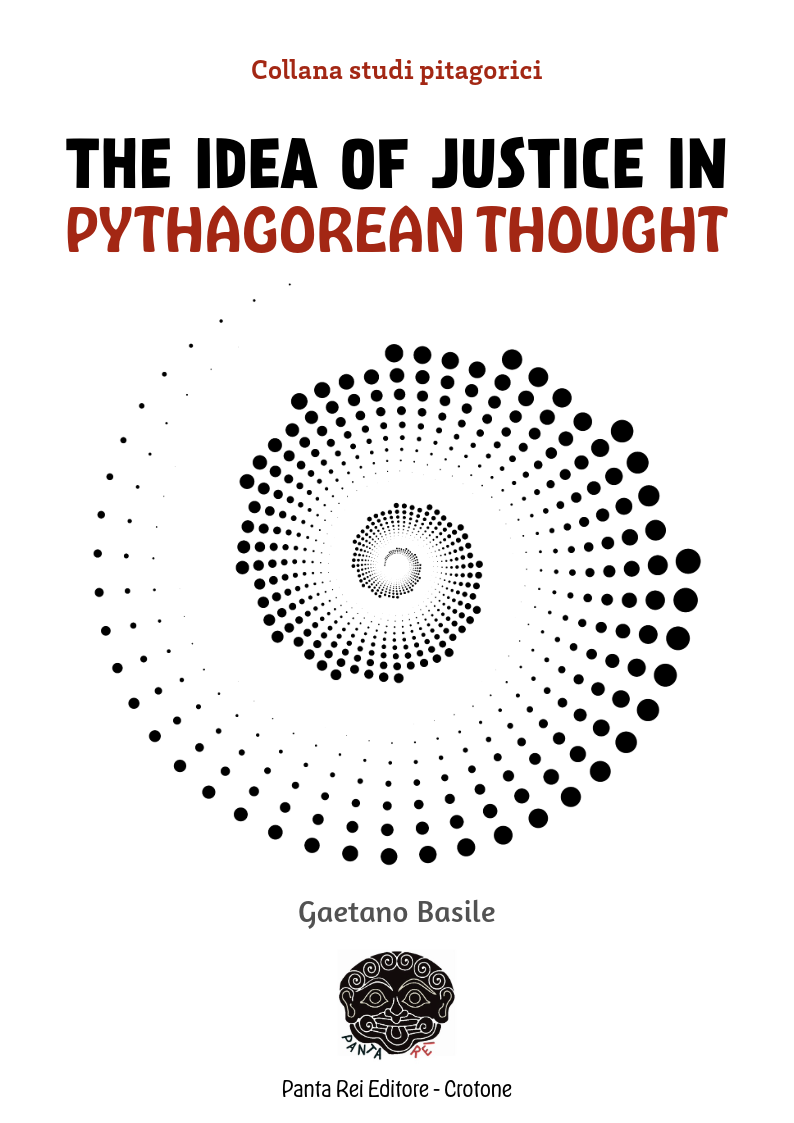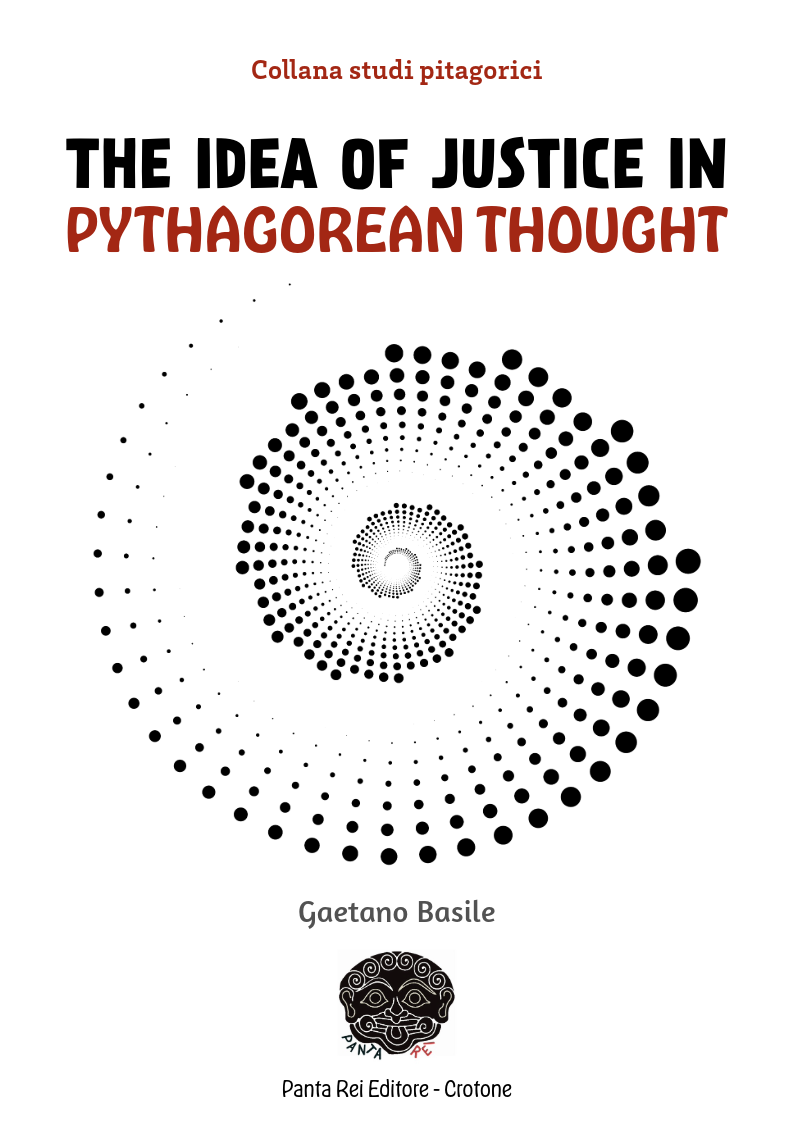1
/
of
1
The idea of justice in pythagorean thought
The idea of justice in pythagorean thought
Regular price
€12,00 EUR
Regular price
Sale price
€12,00 EUR
Unit price
/
per
Taxes included.
Shipping calculated at checkout.
Couldn't load pickup availability
The only thinker of the sixth century BC who explicitly set out to analyze the problem of justice was Pythagoras: he framed his conception of justice within his conception of the universe, which was one of order and rational harmony, expressed by identifying the arche, the principle of the universe, with numbers, and thus explaining the harmony of the cosmos as a complex of mathematical relationships. Pythagoras also included virtues, and justice in particular, in this mathematical view of reality. According to Aristotle, Pythagoras believed that virtues also had a numerical essence: among them was justice, which he saw represented by the square number, i.e., the number that is the product of two equal factors (isàkis ìsos, meaning “equal to equal”).
Justice, understood as a ‘value’ or ‘ethical principle’ consisting in the identification and respect of the rights of each individual, is based for the Pythagoreans on three essential principles: the ‘communal nature’ of goods, equality between men, and the feeling of ‘brotherhood’.
Justice, understood as a ‘value’ or ‘ethical principle’ consisting in the identification and respect of the rights of each individual, is based for the Pythagoreans on three essential principles: the ‘communal nature’ of goods, equality between men, and the feeling of ‘brotherhood’.
Share


